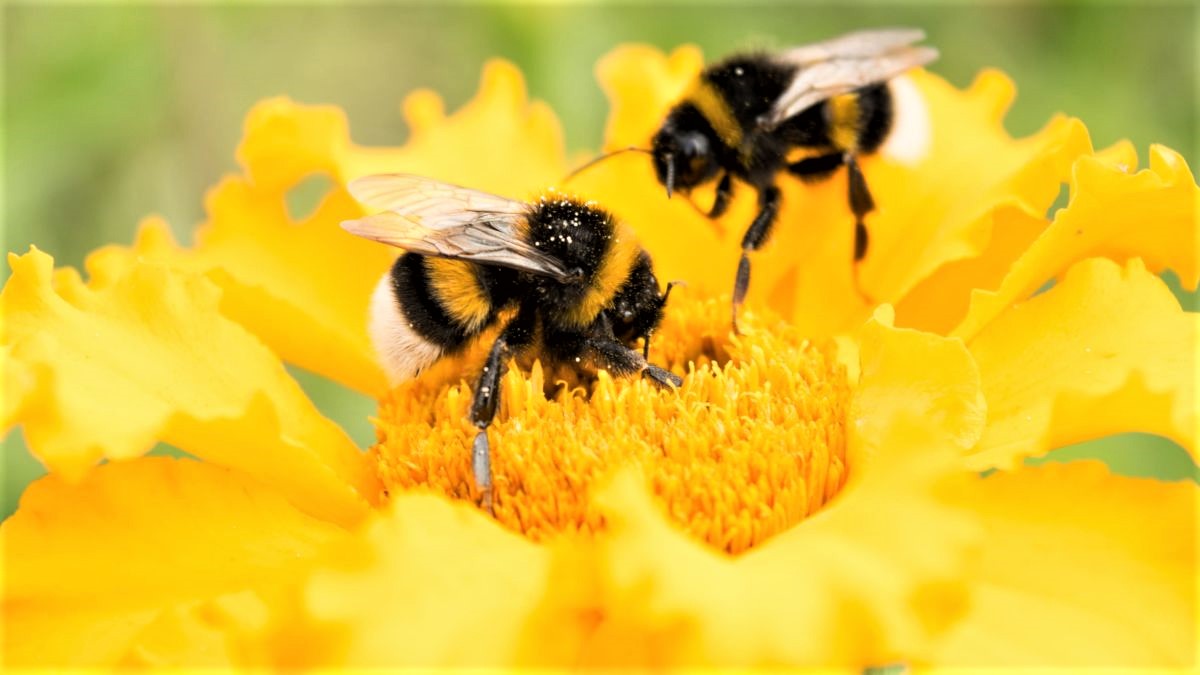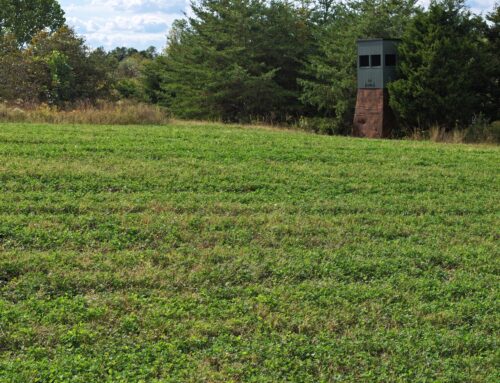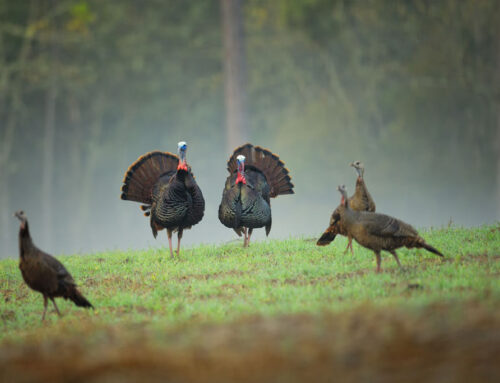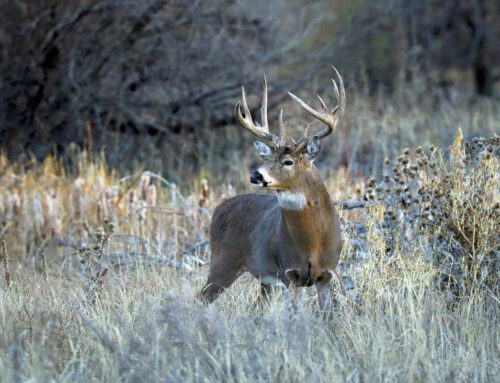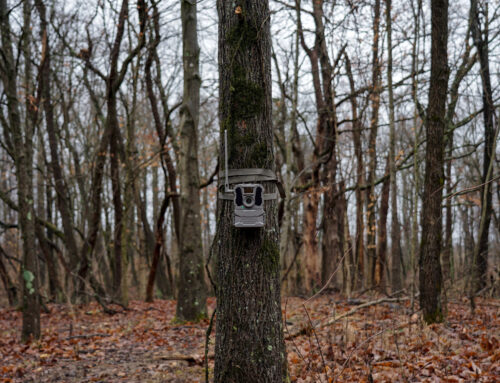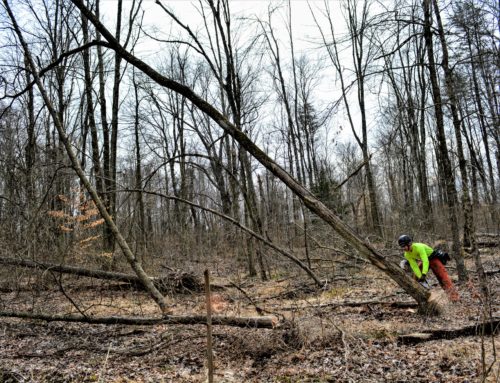The Importance of Pollinators
Why you should care and what you can do to help them.
Pollinators are responsible for facilitating reproduction of over 90% of the world’s flowering plants. Without them, humans and wildlife wouldn’t have much to eat or look at. Pollinators include animals which assist plants with their reproduction by pollinating the plant. Pollination is the transfer of pollen from the male part of a plant to the female part of the plant. Examples of pollinators include bees, birds, bats, small mammals, moths, flies, beetles, and wasps. However, the worldwide decline of pollinators, especially wild bees, is occurring at an alarming rate. Estimates show wild bee populations have declined by 23% between 2008 and 2013, and are continuing to decline today. Approximately 1300 types of plants are grown worldwide for food, beverages, medicines, and other products we use and depend on. Of these plants, approximately 75% require pollination.
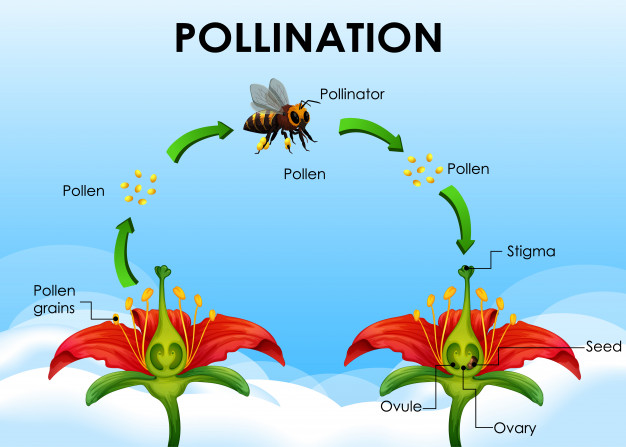
Reversing the pollinator decline is the key to feeding the future!
There are several things you can do to help our pollinators. The most obvious method being to plant native, non-invasive, pollen-producing plants. Other options include supporting your local beekeepers, limiting pesticide use when possible, and providing pollinator nesting sites. More information on providing nesting sites can be found here.

Interested in helping our pollinators by establishing native wildflowers? Allow us to help! We can help put together a custom seed mix for your property and do the planting work for you! Contact us to schedule a consultation.
(260) 668-9977
More information on planting native wildflowers: https://www.albertlandmanagement.com/forestry-habitat-management/tree-shrub-planting/

